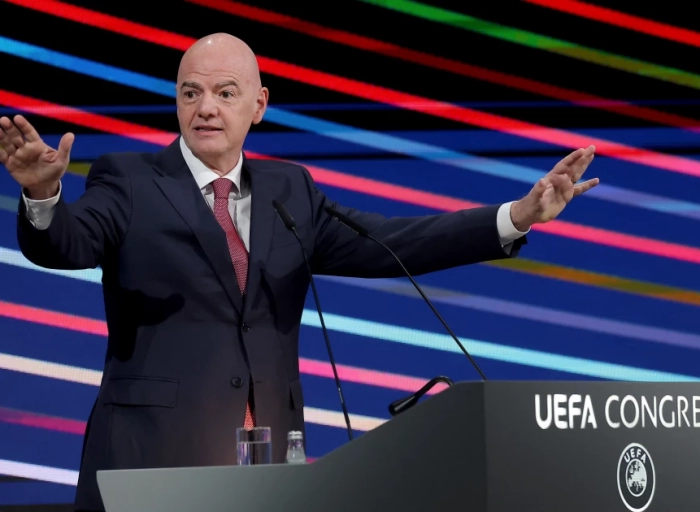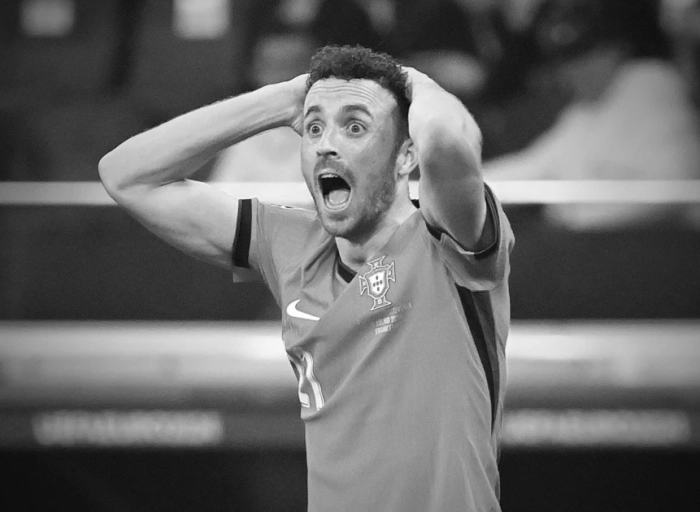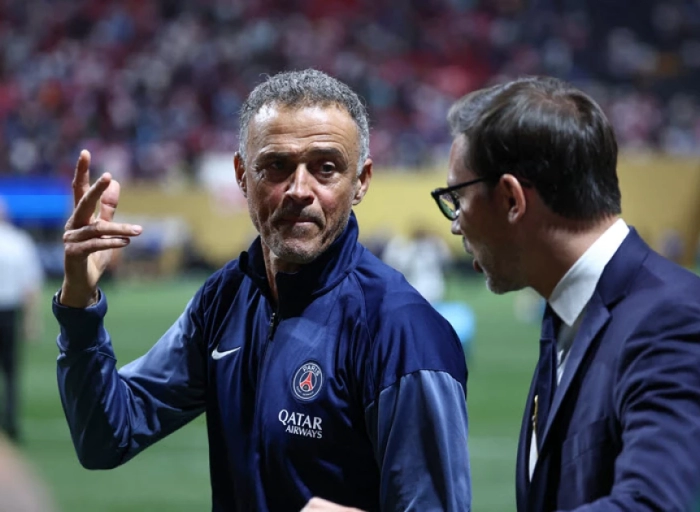As global football schedules grow increasingly congested, FIFA has signaled support for key reforms aimed at safeguarding player welfare—though challenges remain in turning consensus into binding policy.
During meetings held in New York ahead of the Club World Cup final between PSG and Chelsea, FIFA officials and representatives from several player unions agreed on the need for a minimum 72-hour rest period between matches and at least 21 days of vacation for players at the end of each season. The talks, which FIFA described as “progressive,” also included proposals for a mandatory rest day each week, and greater consideration of travel burdens and weather conditions in competition planning.
Despite these positive developments, the global players’ union FIFPRO was notably absent from the discussions—raising doubts about whether the proposed standards will become enforceable regulations.
The issue of player fatigue has come to the forefront following FIFA’s decision to hold a month-long, expanded Club World Cup during the European off-season. The tournament, now featuring 32 top clubs every four years, has drawn criticism from several national players’ unions. The French professional footballers’ union even described the competition as a “massacre,” underscoring the urgent need to reduce excessive workloads.
Strict implementation of a 72-hour rest rule could reshape domestic and international football calendars. For example, European clubs involved in Thursday night UEFA Europa League fixtures may need to delay their weekend matches until Monday—posing scheduling conflicts, particularly in countries like Germany, where the Bundesliga eliminated Monday matches in 2021 due to fan backlash. Complicating matters further, Germany’s next television rights deal also excludes Monday fixtures.
While FIFA has reiterated its commitment to making player health a top priority, the gap between proposed reforms and actual structural change remains wide. Without formal agreement from global unions like FIFPRO, the path to implementing these changes will depend on negotiations with leagues, clubs, and broadcasters.
Nevertheless, the recent talks mark a step forward in acknowledging the toll elite-level football takes on its players—and the urgent need to strike a better balance between performance and player protection.




